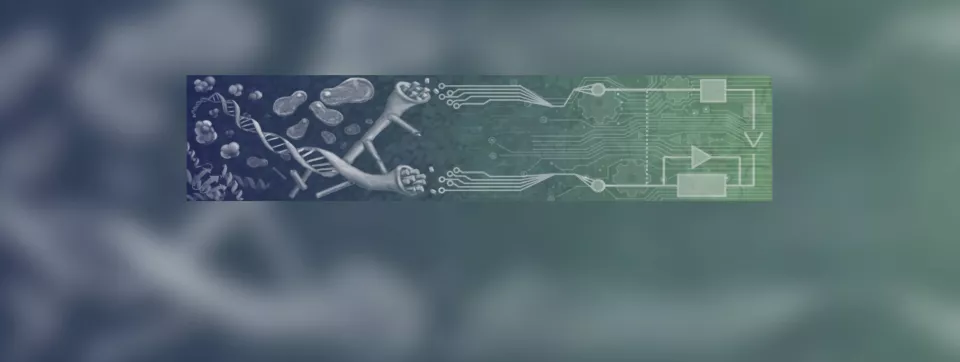The Synthetic Biology and Cellular Control lab works on two broad topics: synthetic biology (design and construction of novel cellular devices in living cells, to alter and control their behaviour) and systems biology (the dynamics and behaviour of cells and cellular networks). To date, our own wet lab work is exclusively in microorganisms (bacteria and yeast), and we are pursuing mammalian cell work through collaboration.
Synthetic biology
The rapidly growing field of synthetic biology represents an effort to implement engineering at the cellular level. We are developing novel regulatory network architectures and new biological “parts” to accomplish a variety of goals. Often our work takes the form of simple proof-of-concept demonstrations, but we are increasingly interested in the potential of synthetic biology to address real-world issues. We are actively engaging with private and public sector partners to learn about key problems that we can use as inspiration for our research direction. Examples of applied projects include efforts at developing systems to: detect disease microorganisms and respond to counter them; develop robust microorganism-based biosensors for blood assays; and engineer metabolic pathways for better production of useful biological products.
Systems biology
Our experimental work is accompanied and guided by modelling at various levels, from detailed biochemical kinetic models (stochastic or deterministic) to higher-level approaches inspired by control theory. However, no individual student is required to be involved in the math/computational side! Within-lab collaborations can be arranged, where one student works entirely on experiments while teaming with someone with a modelling focus.
David McMillen
Associate Professor
Department of Chemical and Physical Sciences
University of Toronto Mississauga
3359 Mississauga Road
Mississauga, Ontario L5L 1C6
Canada
david.mcmillen@utoronto.ca

